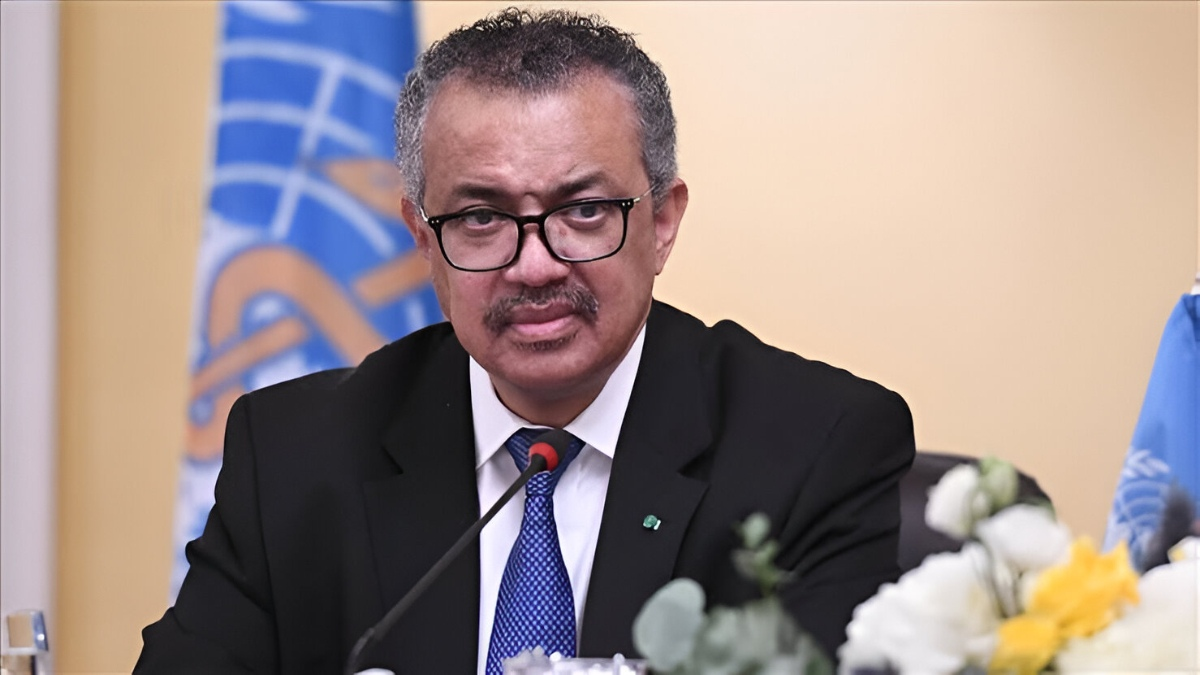Unsafe food is a pressing global issue that significantly impacts public health, causing 600 million cases of foodborne illnesses and resulting in approximately 420,000 deaths every year.
WHO Director-General Tedros Adhanom Ghebreyesus highlighted this alarming reality during a recent address at the second Global Food Regulators Summit held in Delhi. His statements shed light on the critical role of food regulators and the need for collaborative efforts to address the challenges posed by unsafe food systems.
The Alarming Statistics Behind Unsafe Food
Unsafe food not only jeopardizes individual health but also places a tremendous burden on healthcare systems worldwide. The staggering figure of 600 million cases of foodborne diseases represents about one in ten people globally who fall ill after consuming contaminated food.
This crisis is exacerbated by various factors, including climate change, population growth, and globalization, which all contribute to the increasing complexity of food systems.
Read : WHO Reports: Over 22,500 in Gaza Face Life-Changing Injuries
Ghebreyesus emphasized that a significant portion of the fatalities due to unsafe food—70 percent—occurs among children under five.
This statistic is particularly distressing, as it underscores the vulnerability of young children to foodborne illnesses. The consequences of unsafe food extend beyond immediate health effects, often leading to long-term developmental issues and economic hardships for families.
Read : Covid-19 Still Kills 1,700 a Week Around the World: WHO
Foodborne diseases can be caused by bacteria, viruses, parasites, and chemical contaminants. Common sources include undercooked meat, contaminated vegetables, and unpasteurized dairy products. The WHO’s ongoing efforts to combat these risks are crucial in promoting safer food practices and improving public health outcomes.
Challenges Facing Food Regulators
The food regulatory community faces numerous challenges in ensuring food safety. As Ghebreyesus pointed out, food systems are increasingly vulnerable due to climate change and industrialization. These factors not only affect food production but also pose risks during the transportation and storage of food products.

Regulatory bodies must navigate the complexities of modern food systems, which often involve multiple countries and diverse production practices.
Ensuring that food is safe, nutritious, and accessible requires effective collaboration among governments, food producers, and consumers. Ghebreyesus called for coordinated efforts to tackle these challenges, highlighting the importance of communication and shared responsibility in ensuring safe food for all.
The issue of affordability also plays a significant role in food safety. Over three million people cannot afford a nutritious diet, which can lead them to consume lower-quality food that may be unsafe. This highlights the intersection of food safety and food security, where economic factors can influence dietary choices, often leading to adverse health outcomes.
The Role of Global Collaboration
In addressing the challenges posed by unsafe food, global collaboration is essential. Food systems do not adhere to national borders, and contaminants can spread rapidly across countries. Therefore, international cooperation is vital in establishing standards, sharing information, and implementing best practices for food safety.
Ghebreyesus emphasized that food regulators must work together to create a robust framework for food safety that includes not only monitoring and enforcement but also education and awareness initiatives. By engaging various stakeholders—from farmers to consumers—food safety can become a collective responsibility.
The presence of various officials at the summit, including Union Health Minister J P Nadda and Food Minister Prahlad Joshi, underscores the Indian government’s commitment to addressing food safety issues. Their participation highlights the need for local initiatives that align with global standards, fostering an environment where food safety is prioritized.
The importance of establishing a strong regulatory framework cannot be overstated. Governments must invest in research and development to understand the evolving risks associated with food production and consumption. Training programs for food regulators, along with awareness campaigns targeting consumers, are essential for building a culture of food safety.
Unsafe food remains a critical global issue, causing significant health challenges and economic burdens. With the WHO’s call for enhanced collaboration and coordinated efforts among food regulators, there is hope for a safer food future. Addressing this crisis requires not only strong regulatory measures but also a commitment from all stakeholders to prioritize food safety.
As we move forward, it is crucial to remember that ensuring safe food is not just a regulatory responsibility but a collective obligation. By working together, we can create a world where everyone has access to safe, nutritious food, reducing the incidence of foodborne illnesses and preventing unnecessary deaths.

